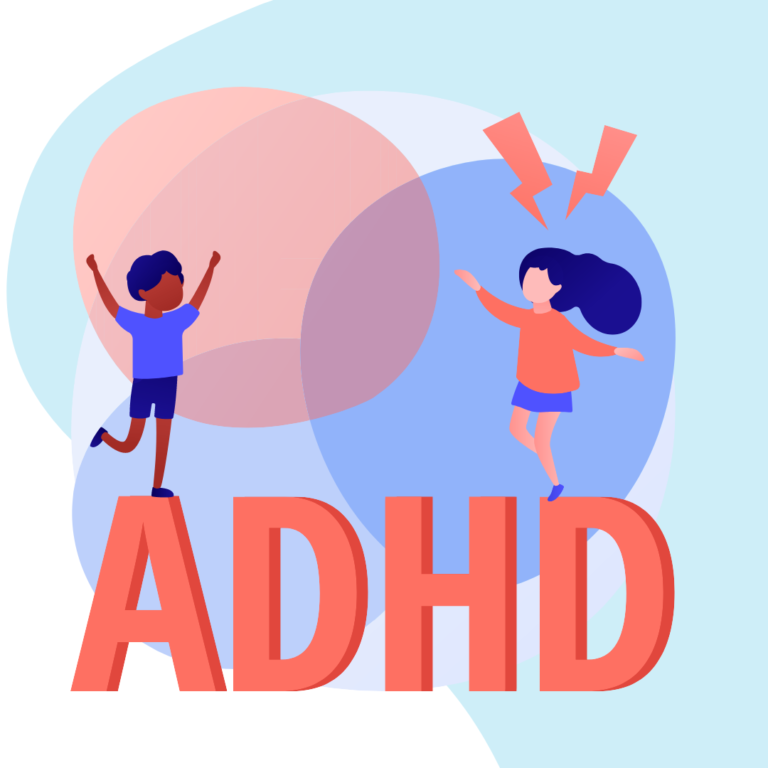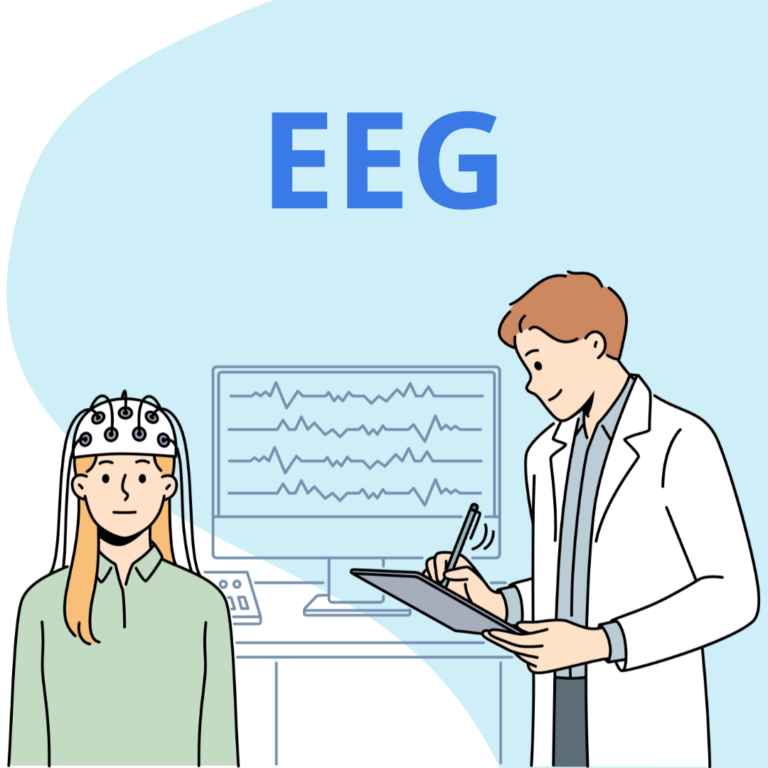ADHD and alcohol – makes you feel better, but do they really go hand in hand?
ADHD (Attention Deficit Hyperactivity Disorder) is a neurobiological disorder associated with difficulties in concentration, excessive impulsivity, and increased activity. Individuals with ADHD often face challenges in daily tasks and interpersonal relationships, impacting their academic or professional functioning. However, one significant factor that can substantially impact their health and well-being is alcohol.
Alcohol consumption by individuals with ADHD can have negative effects both in the short and long term. There are several reasons why individuals with ADHD may be more susceptible to alcohol-related problems.
Self-medication is one of these reasons. Some individuals with ADHD attempt to alleviate their symptoms with alcohol. Initially, it may appear that alcohol helps control excessive agitation or difficulties in concentration, but this is only a temporary solution. Prolonged alcohol use can lead to addiction, worsen ADHD symptoms, and intensify other health problems.
Individuals with ADHD are more likely to develop an addiction to psychoactive substances, including alcohol. This susceptibility is linked to neurobiological factors influencing their impulsivity and reward responses. Controlling alcohol consumption can be challenging for individuals with ADHD, increasing the risk of abuse and addiction.
The interaction of alcohol with medications is also a crucial consideration. Many individuals with ADHD take prescription medications, such as stimulants, to manage their symptoms. Drinking alcohol in combination with these medications can lead to dangerous interactions. Alcohol can reduce the effectiveness of medications, influence their metabolism, and heighten the risk of side effects.
The effects of alcohol on mental health should not be underestimated. ADHD often coexists with other mental disorders, such as depression, anxiety, or impulse control disorders. Alcohol consumption can exacerbate these problems, leading to increased symptoms of depression, heightened anxiety, or impulsive behavior.
Given this information, individuals with ADHD should be aware of the risks associated with alcohol consumption and consider a responsible and moderate approach. It is crucial to consult with a physician when contemplating alcohol consumption and to adhere to recommendations for limiting alcohol intake. Individuals with ADHD should avoid consuming alcohol and taking medications simultaneously and seek therapeutic support if they have difficulty controlling their alcohol intake.
Thus, alcohol consumption by individuals with ADHD can have negative consequences for their health and well-being. Therefore, it is important to approach alcohol responsibly, consciously, and in moderation, while taking care of physical and mental health.




